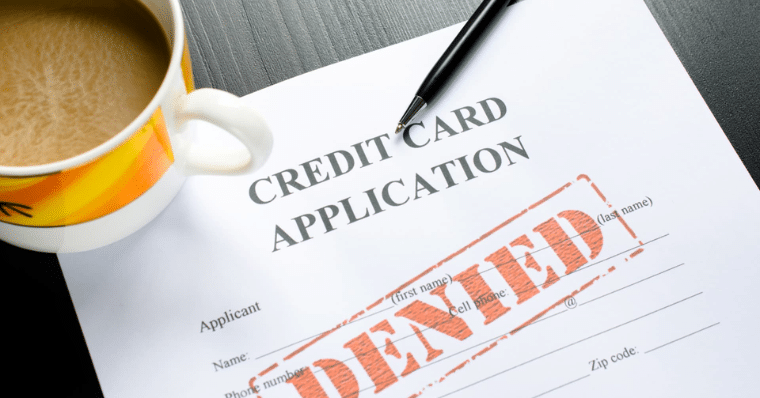Credit cards have become a ubiquitous and convenient means of making payments, both online and offline. However, despite their widespread use, credit card applications can often be rejected. Rejection can happen for a variety of reasons, such as poor credit history, high debt-to-income ratio, or incorrect information on the application. A credit card rejection can be frustrating and can impact your credit score, so it’s important to take steps to avoid it. By understanding the common reasons for credit card rejection and taking proactive steps to address any issues, you can increase your chances of being approved for a credit card and avoid the disappointment and potential negative impact of a rejection.

Tips to help you avoid credit card rejection:
1. Maintain a good credit score:
A good credit score is essential for getting approved for a credit card. Make sure to pay all your bills on time, keep your credit utilization low (below 30% of your credit limit), and avoid maxing out your credit cards.
2. Apply for credit cards that match your credit profile:
Applying for credit cards that are beyond your credit profile may result in rejection. For example, if you have a fair credit score, it’s best to apply for credit cards that are designed for fair credit. If you apply for a credit card that requires excellent credit, you’re likely to be rejected.
3. Avoid applying for too many credit cards at once:
Applying for too many credit cards at once may make you look desperate for credit, which may lead to rejection. To avoid credit card rejection and manage your credit responsibly, it’s best to apply for one or two credit cards at a time and wait for the results before applying for more. This will give you time to assess your options and make an informed decision based on your credit profile and financial needs.
4. Review your credit report regularly:
Errors on your credit report may lead to credit card rejection. Therefore, it’s important to review your credit report regularly and dispute any errors you find.
5. Stay within your credit limit:
Maxing out your credit card may not only hurt your credit score, but it may also trigger fraud alerts, which may lead to rejection. Therefore, it’s best to stay within your credit limit and avoid making large purchases that may trigger fraud alerts. Staying within your credit limit is crucial for avoiding credit card rejection and maintaining a good credit score. By keeping track of your balance, planning your spending, using your credit card for small purchases, setting up alerts, and considering a credit limit increase, you can manage your credit responsibly and avoid going over your credit limit.
Bottom line:
To avoid credit card rejection, it’s important to maintain a good credit score by making timely payments and keeping credit utilization low. It’s also important to apply for credit cards that match your credit profile and to avoid applying for too many credit cards at once. Make sure to review your credit report regularly and dispute any errors. Finally, stay within your credit limit and avoid making large purchases that may trigger fraud alerts. By following these tips, you can increase your chances of getting approved for a credit card and maintaining a healthy credit score.
